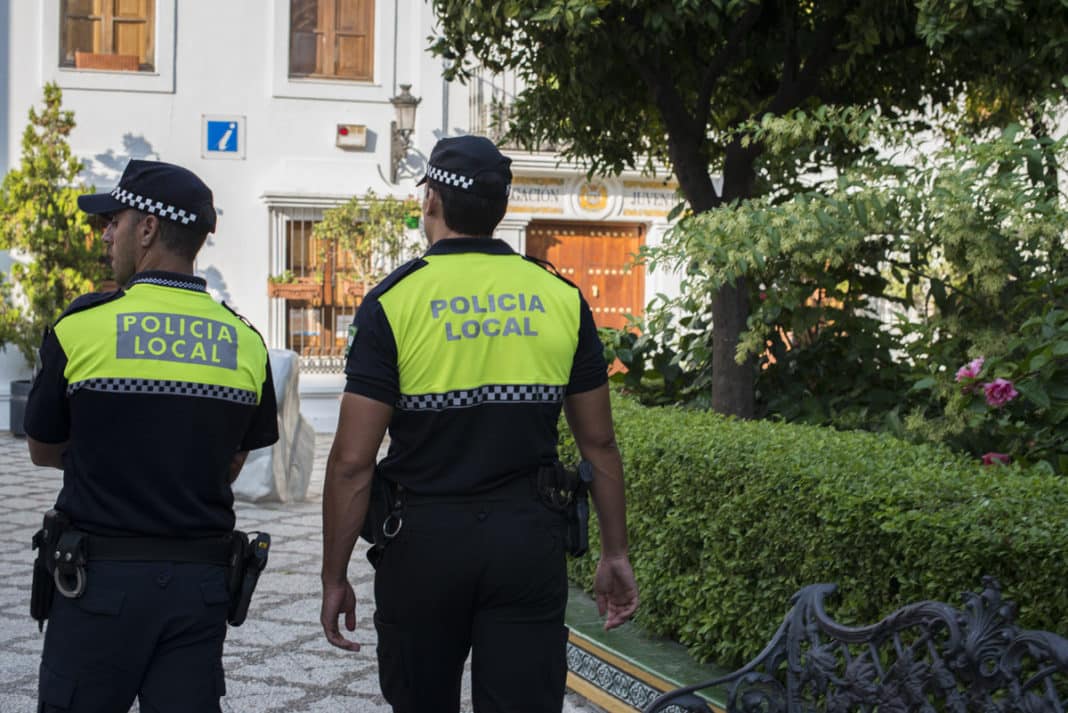By Andrew Atkinson
British Expats lost most of their privileges as EU citizens when the United Kingdom left the European Union on December 31. They are now being treated in the same way as any other foreigner, and although there are still plenty who will continue to ‘live the dream’ there are many thousands of others who could soon find themselves subjected to police visits, as the authorities ramp up their checks on documentation and illegal immigration.
Hundreds of non-resident British ex-pats have already been targeted by the police in the Costa del Sol, following the UK leaving the EU, and although Non-residents in Spain are allowed to remain in the country for 90 days over a 180 day period, the clock began ticking on January 1, 2021. The deadline of March 31 is quickly approaching, by which time they will be required to return home.
That is, of course, unless you are a current resident or your residencia application is ‘in the system’, or you get it into the system without further delay.
If you were legally resident in Spain before January 1, 2021, you will be able to stay, but you must ensure you are correctly registered as a resident. Children must also be registered with their own residency document.
If you registered as a resident before July 6, 2020, you will have a green A4 certificate or credit card-sized piece of paper from Extranjeria or the police. This is still a valid document and proves your rights under the Withdrawal Agreement.
If you are registering for the first time, you will be issued with a biometric residence card called a Tarjeta de Identidad de Extranjero (TIE). This card will prove your rights under the Withdrawal Agreement.
Despite articles appearing in another English language newspaper recently, and even though the Spanish government advise you to do so when possible, it is NOT COMPULSORY to change your Green residency documents for the TIE card, and there is absolutely NO deadline to do so.
If you choose not to exchange to the TIE you will NOT lose your access to the Spanish health system.
Police have already been advised of pending patrols and actions to take after March 31, the deadline date for anyone who was in the country at the beginning of the year.
However, Marbella Lawyer & Foreign Specialist, Ricardo Bocanegra, believes that it’s the people who will want to move to Spain in the future, not the people who are already here, that face real problems.
But there is free help out there. One group in particular is ‘Age in Spain’ who provide a Residency Helpline, an online resource centre and one-to-one information service specifically for British Nationals that need to complete their Spanish residency application. This support is available now at: https://www.ageinspain.org/residency-helpline email: residency@ageinspain.org / +34 932 209 741
With current travel restrictions preventing many of those applying for Spanish residency to physically come to Spain at the moment, it is understood that appointments at extranjeria are actually plentiful, a strange situation given the lack of availability during the latter months of last year when it was very difficult to get an appointment.
As always, you should only take advice from an official government source. In the case of residencia there is none better than the Facebook community page run by the British Embassy in Madrid for British people living in or visiting Spain: https://www.facebook.com/BritsInSpain
So, with the Police becoming increasingly active in checking documentation don’t take the chance. If you were legally resident in Spain before January 1, 2021, you will be able to stay, but you must ensure you are correctly registered as a resident.
Legal residents wishing to drive in Spain also need a Spanish driving licence, with many ex-pats still driving on their UK licence after years being here. A simple Spanish driving test costs €40.





